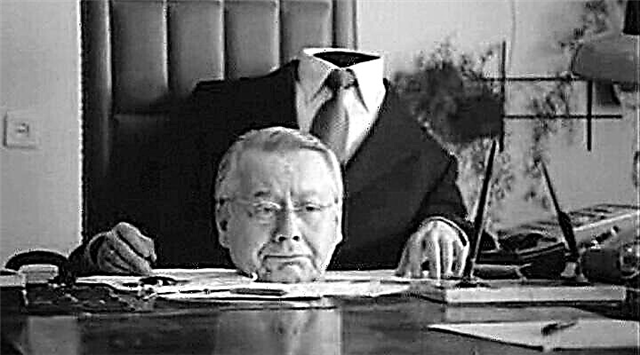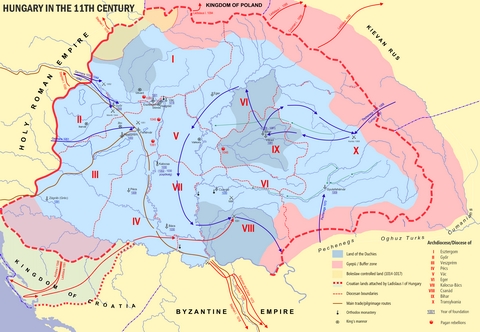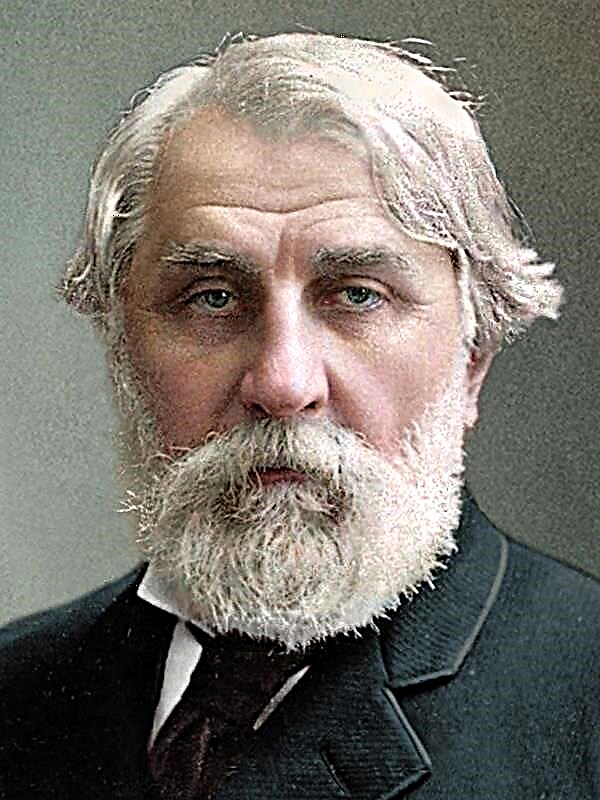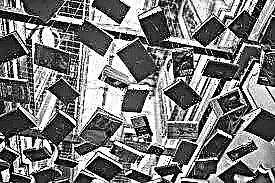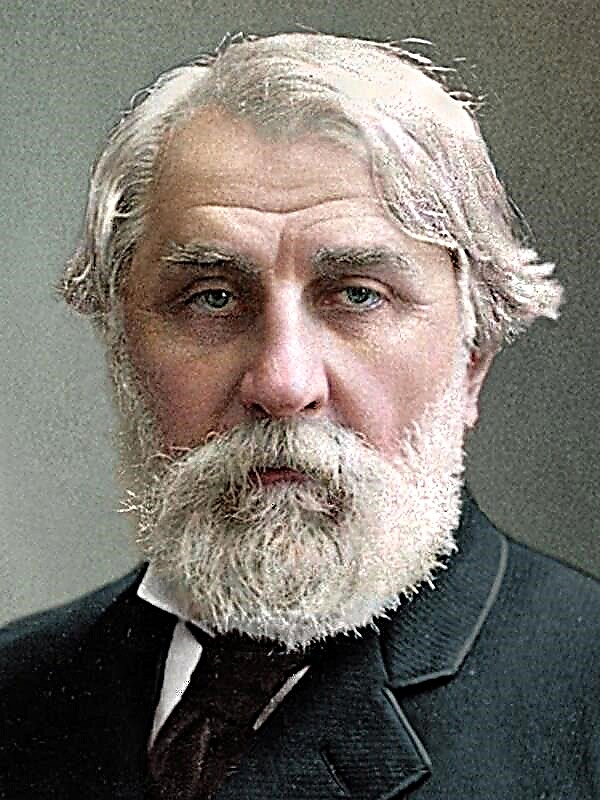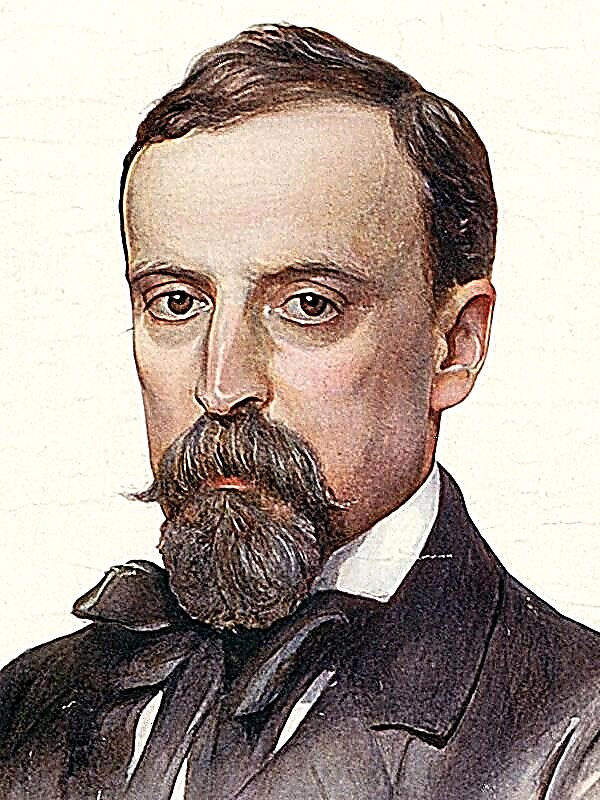The wise Literaguru wrote for you a summary of the chapter “Fatalist” from the novel “Hero of Our Time” by M.Yu. Lermontov. Here you will find all the events of this chapter in a brief retelling, and if you also need to find an analysis of the entire novel, then click here. If you need to refresh your memory and read the summary of the novel, then it is here.
So, the chapter begins with the fact that Pechorin, on duty, goes to the Cossack settlement, where he makes friends with several officers. Once between them there is an interesting debate about the predestination of our life or fate, whether it is. And if it really exists, then why is man free will?
One of the officers, Lieutenant Vulich, who is described by the author as a tall and swarthy daredevil, vehemently supports the fatalists in the dispute and admits that he believes that there are no accidents in our lives. Everything that happens to each of us is a fateful combination of circumstances. That is why, Vulich says, his biggest passion has always been the game. Throughout the argument, Wulich does not mention either family or love affairs. It takes only excitement. Pechorin argues with him, saying that fate does not exist. But Vulich is sure that there is a fate and she is favorable to him today. To prove this, he grabs the gun and decides to “play in the box” - he directs the gun in his head and pulls the trigger, but, to the great surprise of all those gathered, the gun misfires. The next shot holes in a cap hanging on the wall. But Pechorin suddenly notices the stamp of death on Vulich's face. He looks into his eyes and says, “You will die today.” Wulich does not believe him, because he won the argument and turned out to be right. The gun did not fire, and he survived.
Later, on his way home, Pechorin sees a slaughtered pig, and they explain to him that this is the fun of a local Cossack drunkard. In the morning, Gregory is awakened by the news of the sudden death of Vulich. And he died from the checkers of the same Cossack, slaughtering pigs. Pechorin became scared, but he still sent along with other Cossacks in search of a criminal.
Soon they find the killer. Sobering up, he realizes what he has done, and by all means tries to avoid an honest trial. Locked in a hut with weapons and threatens reprisal to anyone who snoops on him. Despite the threats, Pechorin manages to get to him through the window, a fight ensues. The killer shoots at Gregory, but misses, a bullet flies right past his ear, tearing off the epaulet. Smoke appears in the room, and, taking advantage of this, Pechorin takes the weapon from the criminal and grabs his hands. Then the killer is arrested and taken away.
Pechorin’s comrades celebrate his courage and praise him. But Pechorin ponders this case for a long time, because the killer actually knew that he would eventually be caught and arrested, but still did not want to give up. As a result, Pechorin decides that life is too complicated to be a fatalist or a nihilist.
Further, the author loops through the plot. We are returning to Maxim Maksimych, who is just waiting for the return of Pechorin. He comes and tells him this story about fatalism, about a misfire by a pistol, about a Cossack killer locked up in a house. Maxim Maksimych also reflects on this topic and says that any pistol can misfire, and it is difficult to say whether it is predisposition or not. Maybe so. Maybe Pechorin really saw this seal of death on Vulich’s face, or maybe it’s just a coincidence. Life is amazing and unpredictable. Therefore, Maxim Maksimych also refuses to be a fatalist.



